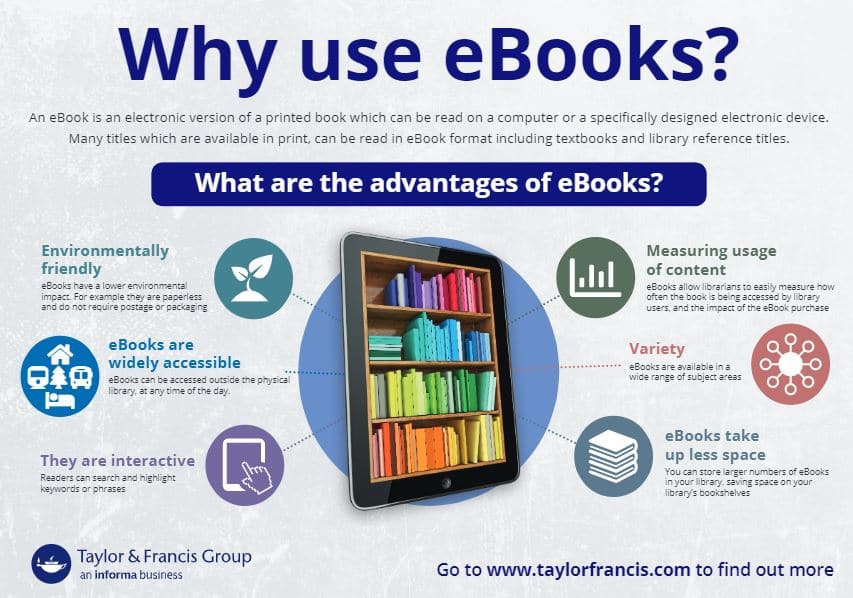In our fast paced and ever-changing world, the pressure to keep up with technology and be on the cutting edge can be overwhelming. School libraries and the role of teacher librarians are not immune from this pressure. These challenges, coupled with issues of advocacy, misconceptions about the role of teacher librarians, alongside access and funding, can often make our roles seem like a constant battle (Maughan, 2022).
However, throughout this subject, I have come to appreciate and learn about the various tools teacher librarians can have at their disposal that support the many pivotal roles libraries play in their school communities. These supports, such as collection development policies, collection mapping and annual reports allow for advocacy, access, transparency and accountability (Dawkins, 2023). In these processes, these ‘actions and evidences’ (Todd, 2009) can be enacted and exhibited, through adherence to the aims of selecting new resources according to the CDP, or celebrating the access students have had to digital resources, such as e-books, which in turn supports student learning and engagement.
Before this subject, I would have considered that chunks of time spent on evaluating the collection, or drafting policies took away from the real work of teaching and learning in the library (Dawkins, 2024). However, without these policies and procedures providing guidance on decision making, the collection may evolve without being able to effectively meet the needs of the students and teachers it serves.
Collection development policies can assist to help prevent an ad-hoc collection and there are various considerations to be made in this area. CDP models vary and can include quite specific criteria about how different resources are selected, and others can be more general. This in turn will affect the teacher librarian, either providing avenues for the teacher librarian to exercise their own judgement, or needing to stick to a more prescribed criteria (Staats, 2024). The CDP protects the collection in the present, and into the future, such as the treatment of emerging digital resources. (Mullahey, 2024) advocates for digital resources to be managed differently than print resources due to how they can be accessed and used. However, new curation approaches are needed and can be considered for ensuring libraries reflect global progress (ASU Library, 2017). This protection extends into protecting access to resources by ensuring that school librarians aren’t able to control the collection through their own agenda and bias (Moody, 2005).
Ensuring that the collection meets the needs of the school’s educational and reading enjoyment is protected through adhering to the CDP, in conjunction with activities, such as collection mapping.
Collection mapping is essential for identifying strengths and weaknesses and can provide avenues for student collaboration (Dawkins, 2023). Methods that encompass both qualitative and quanitative measures are important, such as borrowing statistics, user surveys and mapping based on curriculum needs (Yeo, 2024). Even though these processes take time, they are essential for ensuring that resources are selected to support curriculum teaching and to support the teachers in the school community. Teacher librarians are uniquely skilled to be able to research and locate resources (Novak, 2016) and collecting data and information ensures the right information can be circulated.
Further to my learning, I have become more aware of my role as advocate within the school community. These policies and procedures, and information that is pertinent to the collection will be a stronger resource when embraced by the wider school community. The American Association of School Librarians (AASL, 2018) defines advocacy in a way that embraces my own philosophy: ‘the on-going process of building partnerships so that others will act for and with you, turning passive support into educated action for the library program.’
The collection, both present and ongoing will be strengthened by robust policies and procedures and ongoing education of all stakeholders – to ensure that the library continues to be a place that meets the needs of the community in which it serves.
American Association of School Librarians (2018) AASL Advocacy Toolkit. Educated Support for School Libraries and School Library Professionals. https://www.ala.org/aasl/sites/ala.org.aasl/files/content/aaslissues/toolkits/AASLAdvocacyToolkit_180209.pdf
Arizona State University Library (2017) The Future of the Academic Library Print Collection: A Space for Engagement. https://lib.asu.edu/sites/default/files/docs/ASU%2520Whitepaper%2520-%2520Which%2520Books.pdf
Dawkins, B. (2023, Dec 15) The Story of Your Library. A Librarium of Adventure. https://thinkspace.csu.edu.au/bdawkins/2023/12/15/the-story-of-your-library/
Dawkins, B. (2023, Dec 18) Collection Mapping. A Librarium of Adventure https://thinkspace.csu.edu.au/bdawkins/2023/12/18/collection-mapping/
Dawkins, B. (2024, Jan 8) Policies and Procedures – the Winning Ingredient. A Librarium Of Adventure. https://thinkspace.csu.edu.au/bdawkins/2024/01/08/policies-and-procedures-the-winning-ingredient/
Maughan, S. (2022, June 10) School Librarians Under Pressure in Industry News. Publishers Weekly. https://www.publishersweekly.com/pw/by-topic/childrens/childrens-industry-news/article/89573-school-librarians-under-pressure.html
Moody, K. (2005) Covert Censorship in Libraries: a discussion paper. http://eprints.rclis.org/7107/1/Censorship_discussion_paper.pdf
Mullahey, J. (2024, January 9) 6.1. Editing a Collection Development Policy. (Online Discussion Content). Interact 2. https://interact2.csu.edu.au/webapps/discussionboard/do/message?action=list_messages&course_id=_68466_1&nav=discussion_board_entry&conf_id=_140367_1&forum_id=_330419_1&message_id=_4665305_1
Novak, B. (2016, Term 4) It’s time: Let’s improve schools’ perceptions of teacher librarians. Issue 99. Schools Catalogue Information Services. https://www.scisdata.com/connections/issue-99/it-s-time-let-s-improve-schools-perceptions-of-teacher-librarians/ – :~:text=Teacher librarians can support teachers,skill held by teacher librarians.
Staats, A. (2024, January 14) Forum 6.1. Incorporating digital resources to a Collection Policy. (Online discussion content) Interact 2.https://interact2.csu.edu.au/webapps/discussionboard/do/message?action=list_messages&course_id=_68466_1&nav=discussion_board_entry&conf_id=_140367_1&forum_id=_330419_1&message_id=_4669299_1
Todd, R.J. (2009) Transitions for Preferred Futures of School Libraries: Knowledge Space, Evidence Based Library and Information Practice 2009, 4:2 not Information Place. Connections, not Collections. Actions, not Positions. Evidence, Not Advocacy. Keynote address. International Association of School Librarianship Conference, Auckland, New Zealand, 9-12 July 2001.https://www.researchgate.net/publication/26634053_Weaving_Evidence_Refection_and_Action_into_the_Fabric_of_School_Librarianship_Editorial
Yeo, K. (2024, January 1) Forum 5.3. Methods of Collection Analysis. (Online discussion Content). Interact 2. https://interact2.csu.edu.au/webapps/discussionboard/do/message?action=list_messages&course_id=_68466_1&nav=discussion_board_entry&conf_id=_140367_1&forum_id=_330418_1&message_id=_4661108_1





